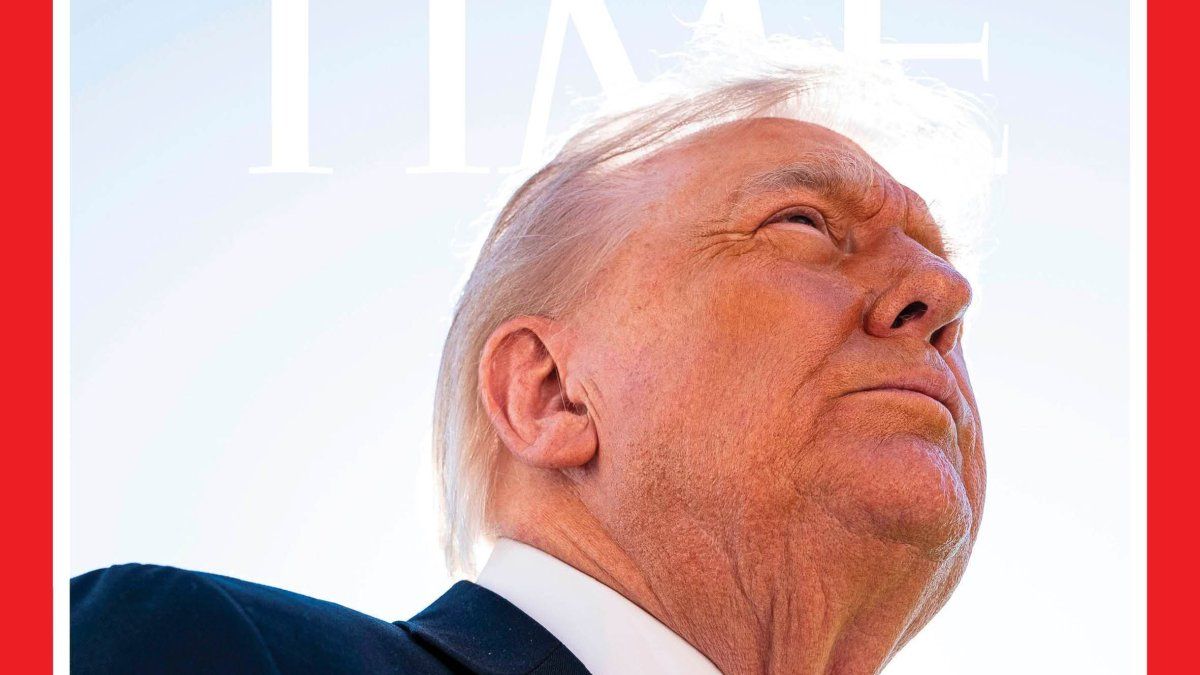Economics Minister Habeck wants the German supply chain law to be suspended. The SPD-led Ministry of Labor does not want to hear anything about it.
The Federal Ministry of Labor is also committed to a joint implementation of strict supply chain rules in Germany following new proposals from Economics Minister Robert Habeck (Greens). Habeck had suggested to family businesses that the German supply chain law be suspended for around two years.
A spokesman for Labor Minister Hubertus Heil (SPD) replied that in the interests of fair competition, the labor ministry had advocated a national and European supply chain law.
“The implementation of the European directive should also be as bureaucratic as possible,” he said. Together with the Ministry of Economic Affairs, the Ministry of Labour will hold talks with the business community to this end.
Habeck wants to pause the law
Habeck had said that if the EU law, which has now been happily passed, were to be quickly transposed into German law, “we should proceed pragmatically in the adaptation process.” He had therefore proposed pausing the German supply chain law – until EU law was implemented – or significantly reducing it.
Heil’s spokesman said the aim was to implement the Supply Chain Act and the corresponding EU Supply Chain Directive as simply and practically as possible and to ensure effective human rights protection. “The Federal Ministry of Labor is not aware of any plans beyond this.”
Habeck had stressed: “The protection of human rights and environmental standards will only be successful if the requirements are also accepted by companies.” The many German companies that have been committed to protecting human rights in their supply chains for years with considerable resources deserve the government’s trust.
Green Party leader Omid Nouripour said: “The supply chain law is something we fought hard for, including at a European level.” However, the European and German laws are not compatible in all details. Economics Minister Habeck rightly pointed out that they have to be made compatible. Habeck is doing his job by giving companies planning security. The Greens agree with this.
Sanctions for child labour
The German supply chain law is already in force, but a comparable EU directive still has to be transposed into national law. The EU states now have a good two years to do this. Large companies should then be able to be held accountable if they profit from human rights violations such as child or forced labor.
One of the biggest differences between German law and the EU directive is liability. German law excludes companies from being liable for breaches of duty of care – the EU regulation allows this.
SPD parliamentary group leader Rolf Mützenich had already rejected Habeck’s proposal. Federal Finance Minister Christian Lindner (FDP), on the other hand, had expressed his delight.
Source: Stern




